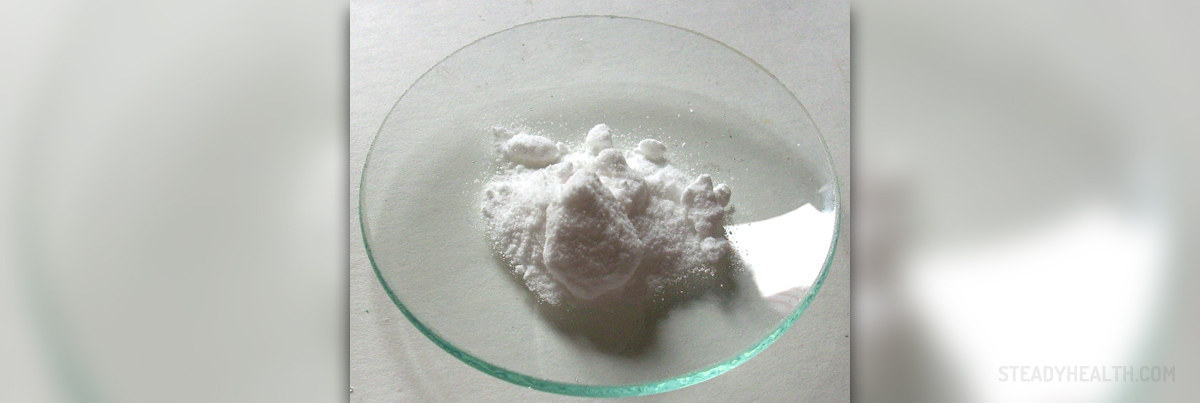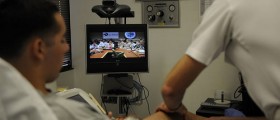Boric Acid
Boric acid (or acidum boricum) is the substance used as insecticide and antiseptic. It also has some anti-fungal activity, and because of that it is used in suppositories, to treat yeast and other fungal infections. This is a weak acid and won’t irritate the vaginal area as any other acid.

Using Boric Acid Suppositories
You may find these suppositories in the pharmacies or make some at home. All you need to make them are empty capsules, which you should fill with boric acid. Normally, they will have consistency of the jelly and when you insert them in the vagina they will melt without the trace. Usually, it is recommended to use 2 capsules (300mg boric acid in each) every night for a whole week. Doctors are more cautious about these capsules and recommend using one capsule every night, until the yeast infection heals. Pregnant women are advised not to use these suppositories.
Boric acid suppositories are proven beneficial in treating serious and persistent yeast infections, especially those that failed to respond to medications. Doctors might prescribe Diflucan or Monistat to cure your yeast infection and if these don’t work, you should try boric acid suppositories. Some claim that these suppositories work for all women, in all cases. Treatment is 100% successful and you should stick to the therapy until it cures your yeast infection, whether it is days or weeks.
- We identified 14 studies (2 randomized clinical trials [RCTs], 9 case series, and 4 case reports) as eligible for inclusion in this review. Boric acid was compared with nystatin, terconazole, flucytosine, itraconazole, clotrimazole, ketoconazole, fluconazole, buconazole, and miconazole; as monotherapy, boric acid was studied in 7 studies.
- The mycologic cure rates varied from 40% to 100% in patients treated with boric acid; 4 of the 9 included case series reported statistically significant outcomes regarding cure (both mycologic and clinical) rates.
- None of the included studies reported statistically significant differences in recurrence rates.
- Regarding the adverse effects caused by boric acid use, vaginal burning sensation (
Side Effects of Boric Acid Suppositories
There are some adverse effects associated with boric acid suppositories. When using these suppositories patients may experience burning and excess vaginal discharge. These might become so unpleasant and severe that doctors suggest stopping the treatment when that happens.
Caution
Do not swallow boric acid at any time, because it may be life threatening. Do not use this acid on any open wounds on the body. Keep it away from children and store it safely on top shelves where they can’t reach it.
Avoid these suppositories if you are pregnant, because boric acid should not be used in that case.
Some believe that these suppositories can treat every yeast infection. However, be careful and watch your symptoms. If, they happen to persist even after the week or two of the treatment you should consult your doctor. There could be another medical reason behind the yeast infection, which must be taken care of. Many people suffering from diabetes, cancers or HIV/AIDS experience constant yeast infections. Treating these conditions is primary and only then you will be able to cure your yeast infection.

















Your thoughts on this
Loading...